If feedback from showings consistently indicates buyer concerns about the quality of renovations done by the homeowner rather than a professional, it may be wise for the homeowner to consider adjusting the price of the home. Here’s why:
- Perceived Value: Buyers often associate professional renovations with higher quality and reliability. If they perceive the DIY renovations as subpar or potentially problematic, they may be less willing to pay the asking price.
- Market Perception: The market perception of the property can be influenced by the quality of renovations. If buyers consistently express reservations about DIY work, it could affect the overall desirability of the home within the market.
- Competitive Pricing: Lowering the price of the home can make it more competitive in the market, especially if comparable homes with professional renovations are priced similarly or slightly higher.
- Negotiation Leverage: By adjusting the price to reflect the concerns raised by potential buyers, the homeowner may improve their negotiation position and attract more serious offers.
- Avoiding Extended Market Time: Homes that linger on the market due to concerns about DIY renovations may suffer from reduced interest over time. Adjusting the price can help prevent prolonged market exposure.
However, it’s essential for the homeowner to carefully weigh the decision to lower the price against other options, such as investing in professional corrections or adjustments to address the buyer concerns. In some cases, minor adjustments or disclosures about the renovations may suffice to reassure buyers without necessitating a price reduction.
#HomeImprovement #DIYHome #RealEstate #PropertyValue #RenovationTips #NAR (National Association of Realtors) #HomeRenovation #DIYvsProfessional #HomeSelling #ResaleValue

